Ever looked at a fading flower and felt something gentle yet deep inside?
Or seen an old teacup with a tiny crack — and somehow found it beautiful?
That’s when the Japanese concept of wabi-sabi comes in —
the quiet appreciation of imperfection, impermanence, and simplicity.
It’s not technically an onomatopoeia, but doesn’t “wabi-sabi” sound like one?
The soft wa–bi–sa–bi rhythm almost feels like a sigh —
the sound of fading light, or time slowing down.
Before we dive in, try saying it aloud.
Hear it… feel it.
What is “Wabi-sabi” (わびさび)?
“Wabi-sabi” is a core Japanese aesthetic that finds beauty in the transient, imperfect, and humble.
It’s a way of seeing the world — not through perfection, but through what quietly remains after everything else fades.
Although it’s not an onomatopoeia, the word itself feels like one:
it evokes softness, calmness, and the faint rustle of passing time.
In that sense, “wabi-sabi” belongs in our Almost Onomatopoeia corner —
words that carry a sound-like emotion even if they aren’t literal sounds.
Pronunciation
wa–bi–sa–bi
Categories
Emotion / Condition
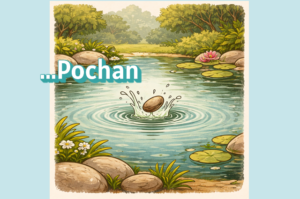
Wasabi ≠ Wabi-sabi
They sound similar, but don’t be fooled!
“Wasabi” (わさび) is the spicy green paste you put on sushi.
“Wabi-sabi” (わびさび) is a deep aesthetic — the quiet beauty of imperfection and time.

So if you ever mix them up, just imagine this:
A sushi chef quietly whispering “Wabi-sabi…”
as he places wasabi on your nigiri.

What Does “Wabi-sabi” Look Like?
It looks like a cracked bowl repaired with gold.
A falling leaf landing quietly on still water.
An old wooden floor, creaking softly under afternoon light.
It’s not loud. It’s not perfect.
But it’s alive — quietly so.

How Do You Say It?
Say it softly, with breath —
as if you’re exhaling a gentle sigh:
Wa…bi…sa…bi…
Each syllable fades like the evening light —
nothing forced, nothing sharp, only calm imperfection.
Examples in Daily Life
Example 1: The old teacup
She picked up the chipped cup,
its crack shining gold —
Wabi-sabi.
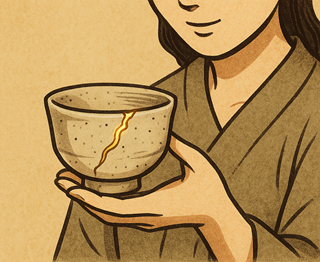
Example 2: The quiet garden
The moss grew uneven,
the stones tilted —
but somehow, it felt complete.
Wabi-sabi.
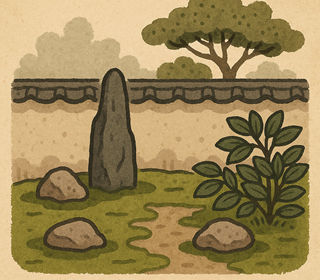
Cultural Note
In English, there’s no perfect translation for wabi-sabi.
You might say “simple beauty,” “imperfect charm,” or “the beauty of aging,”
but the Japanese word holds a sound and rhythm that carries its meaning.
It’s calm, subtle, and emotional — like an echo of the past still breathing in the present.
Watch & Feel the “Wabi-sabi” World
Feel the quiet — the beauty that doesn’t shout
Sometimes fragile, sometimes eternal, but always alive in silence.
The world doesn’t need to sparkle to be beautiful.
It just needs to breathe.
Try Using It!
When you see something imperfect yet beautiful,
when silence feels full,
when your heart sighs softly —
Say it gently:
Wabi-sabi.

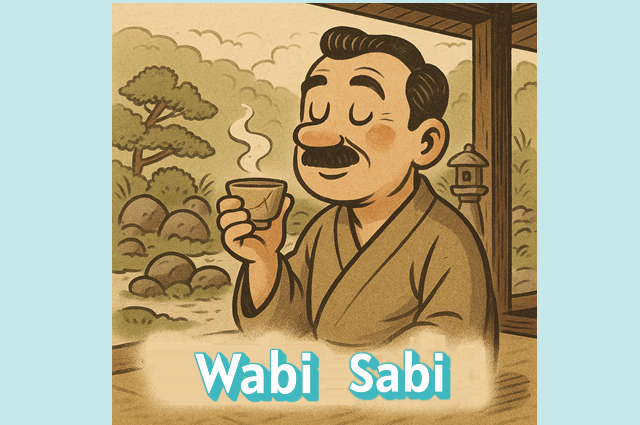




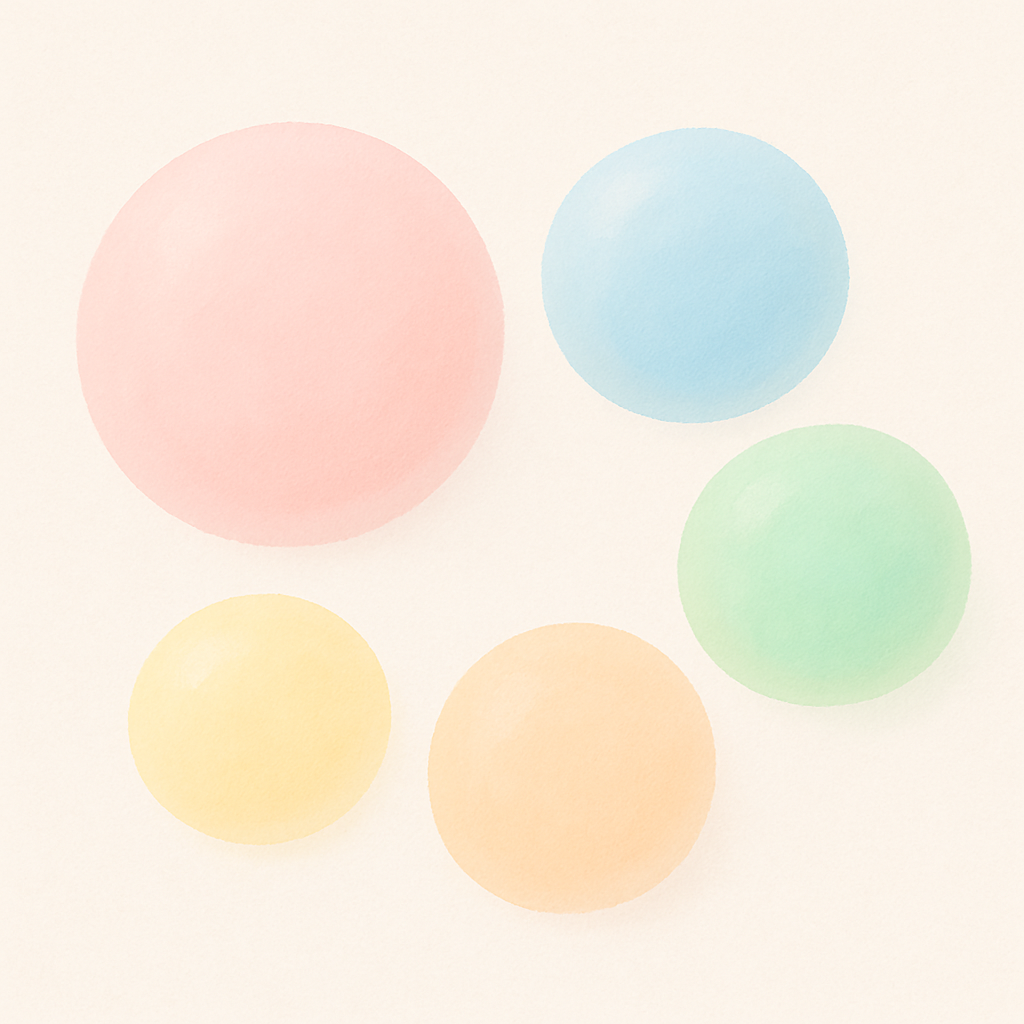


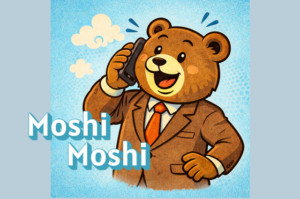

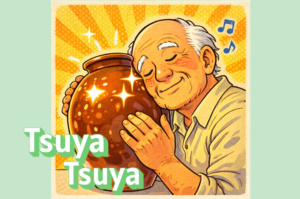
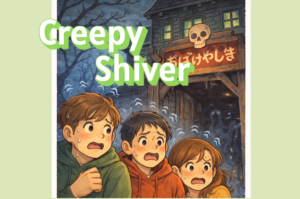


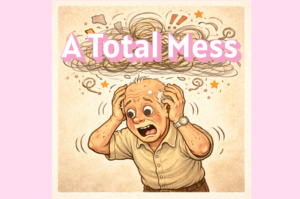
Comments